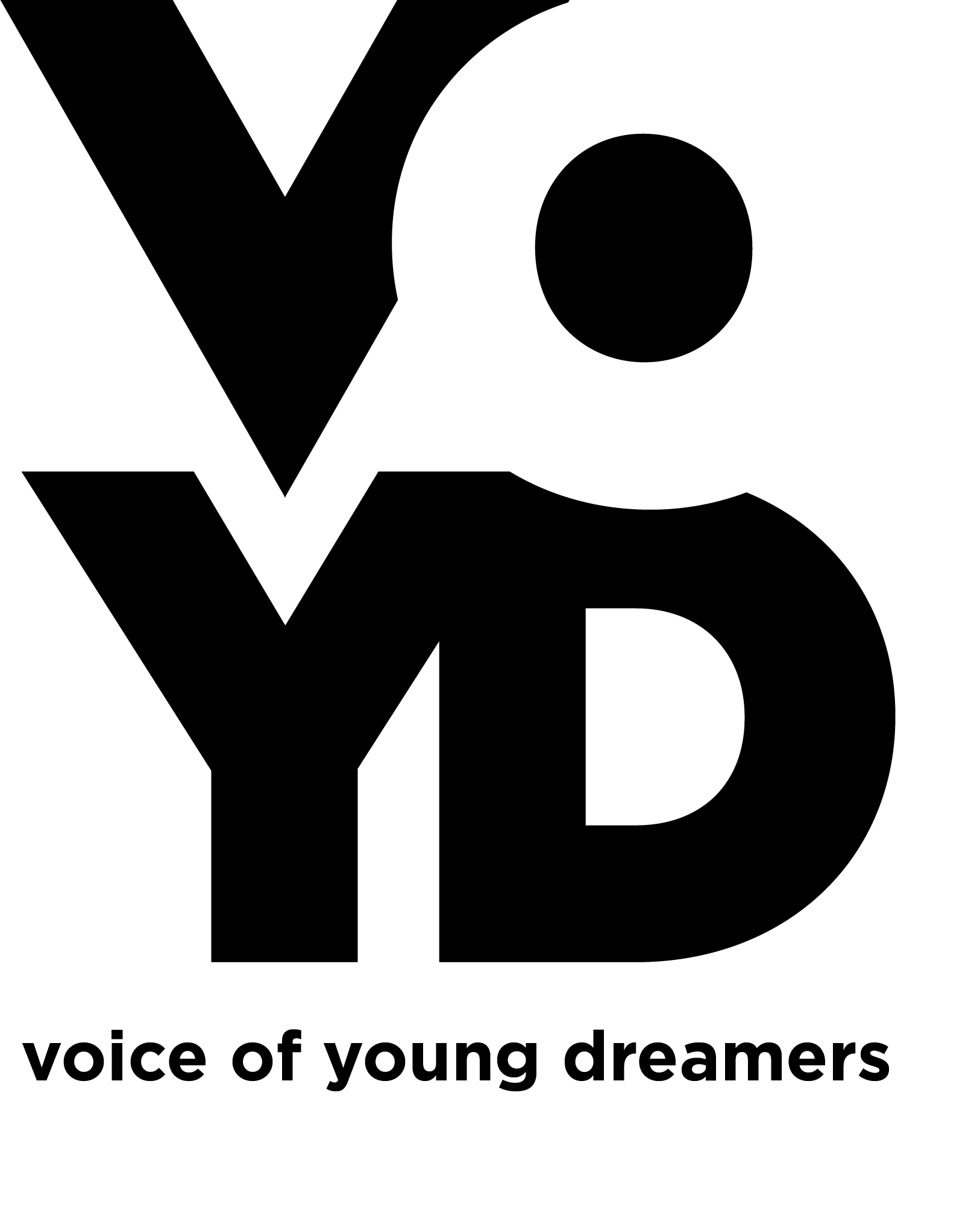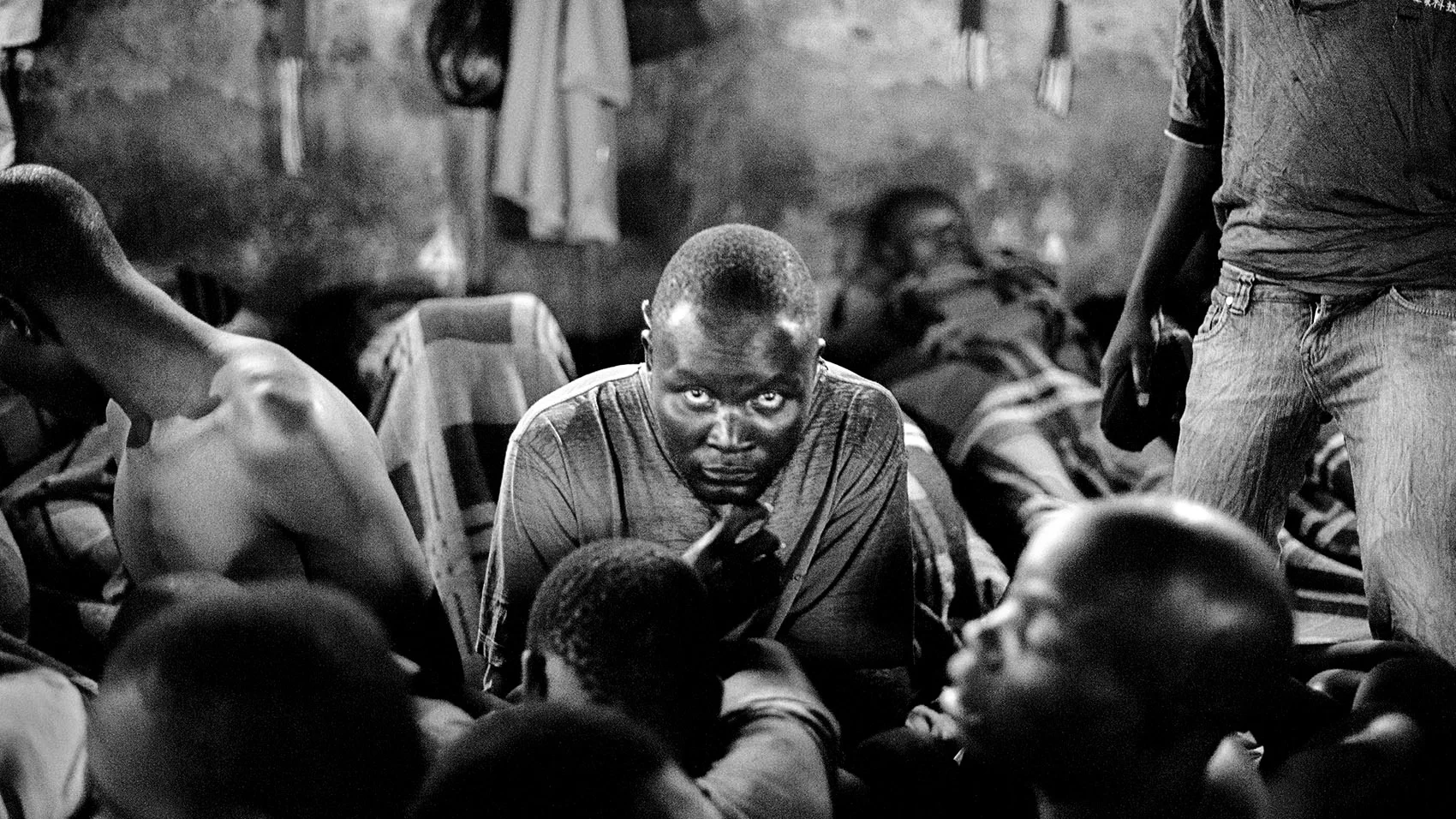For Blackness To Be Revolutionary

For Blackness To Be Revolutionary, It Must Be Anti-Colonial Or It Will Be Meaningless
The plot reads something akin to this: A collective of formerly enslaved Africans, tired of living in a white supremacist society in which they were continually exploited for their labor, aim to return to their homeland — only instead of re-acclimating themselves to the land they were stolen from, the new settlers schemed to colonize the land for themselves, with the intention of “civilizing” the native population, excluding them from social, political, and economic equality. If this “plot” reads something like a science-fiction scenario from an Octavia Butler novel, be aware that it most certainly isn’t. Revolutionary movements against decolonization are not unknown on the African continent — Zimbabwe, South Africa, the Congo, and Mozambique’s stories of revolt against white minority colonial rule is heavily documented and dissected in leftist circles. While the brutal past of white settler-colonialism in Africa is no secret, the frightening settler-colonial history of Liberia, a country founded by an elite group of formerly enslaved people who forcefully oppressed the indigenous African population to the extent of triggering one of the bloodiest wars in the continent’s history remains obscure in Black history in America.
The first suggestions for freed Black folks to colonize Africa came from white Americans. Behind this reasoning was the intention to maintain political and social control, particularly in the Deep South, as slavery was legally abolished in 1808 (despite the United States still illegally participating in the slave trade and enslavement being at its peak). Their arguments found support with free Black preachers on the East Coast, who touted that their relocation to Africa would be of great moral service to Native Africans who were in need of Christianity and civilization. To hasten the resettlement process, the American Colonization Society was founded in 1817 in Washington, D.C., and financially backed by president James Monroe. In 1821, the first group of freed people boarded the ship, and landed on what was referred to as the Malaquette Coast, which they re-named Liberia in 1822.
The settlers were determined to separate themselves from the indigenous African tribes in the area, despite learning medicinal and farming ways of native Africans (Kpelle, Lorma, Kru, Gissi, Bozzi, Vai, Gebo, Mano, Bassa, Bando, and Mandi) which helped to keep them alive during their first year on settlements; Americo-Liberian became the marker of distinction to distinguish themselves from Africans, whose influence was viewed as negative, and a liability to their plans for political rule. “The cultural accent in the settler enclaves was unmistakably American. The settlers viewed their own life style as progressive and worthy of African emulation,” notes Tom W. Shick in Behold The Promised Land. “Thus they were reluctant to compromise on the question of cultural orientation. When, for example, Edward Wilmot Blyden described the settler goal as assimilation with Africans to effect, ‘an improved and powerful class,’ he was not suggesting an equal exchange. The settler intention was always to convince Africans to give up their traditional beliefs and values in favor of ‘Civilization and Christianity.’” Americo-Liberians prided themselves on warding off white slave traders, but refused to culturally associate with indigenous Africans near their settlements unless they claimed Christianity and were fully clothed near the marked counties.
Though the settlements of Americo-Liberians were governed by the formerly enslaved, those who ruled were lighter-skinned elites with family connections, and instituted laws to “integrate” indigenous Africans into their society, while maintaining absolute rule after 1847. “Representatives from the settler communities often met with local chiefs and demanded the sale of certain portions of their land for little or nothing, or should be given for free,” Shick continues. “Those indigenous Liberians who refused to give up their land that they had inherited for centuries faced severe consequences, including death.” The Americo-Liberian government adopted a Hut Tax system fining indigenous Africans, excluded them from participating in the new government, prevented them from voting by enacting the Constitutional Land Clause, and forced them to toil in deplorable labor conditions. Settlers also adopted indigenous African children, and “socialized” them into Americo-Liberian society. If the indigenous Africans refused to comply with the elite minority, violence wasn’t out of the question on the government’s part.
Indigenous resistance against the Americo-Liberian party persisted, with Kru, Gola, and Gebo as foremost liberation fighters, particularly during the Tubman and Tolbert regimes, in which relations between the elite and the indigenous majority continued to worsen — eventually leading to a coup by a member of the Krahn ethnic group, Samuel K. Doe. Doe became an oppressive dictator, breaking his promises to enhance the lives of indigenous Africans. It took the National Patriotic Front of Liberia, invading from the Ivory Coast, to overthrow Doe, a coup by an Americo-Liberian descendant named Charles Taylor. This coup sparked one of the bloodiest civil wars on the continent of Africa.
The tale of Liberia is but a tragic reminder that a pro-Black politic must be decolonial in order to bring liberation for Black people. While Americo-Liberians sought to escape enslavement in the United States, they employed similar tactics of settler-colonialism enacted on them in Africa as a marker of their own colonized ideal of Blackness. In the case of this African country, Blackness became oppressive, a weapon utilized against indigenous Africans who failed to meet the criteria of “civilization”. It is essential that Blackness entail a critique and rejection of American settler colonialism, American exceptionalism, and a respect for our indigenous African siblings, who we ourselves originate from. This is a Blackness that is truly revolutionary — one that pays respect to our motherland by the rejection of the values of those who enslaved us.








